Projects

Biofuels Development Jamaica
In the late 2000s, Jamaica faced serious challenges in its energy and sugar cane sectors. The country depended heavily on imported liquid fossil fuels for its energy needs, and sugar cane revenues were falling dramatically. By developing the sugarcane biofuel market, the Biofuels Development Jamaica project aimed to reinvigorate the sugar cane industry by driving […]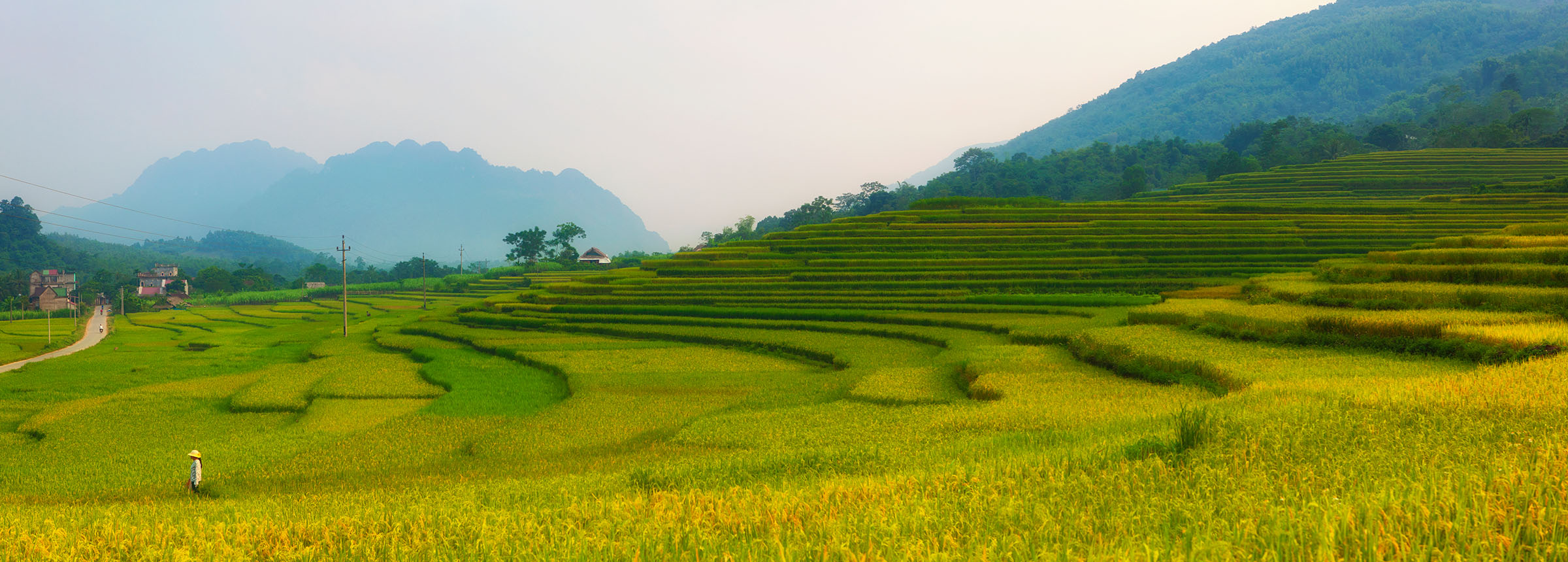
Private Investment for Enhanced Resilience (PIER)
PIER is an innovative climate finance project that incentivizes private sector investments in support of national development objectives that address climate change, such as National Adaptation Plans (NAPs), within countries of strategic interest to the United States, including Bangladesh, Dominican Republic, Ghana, Grenada, Guyana, Indonesia, Jamaica, Mozambique, Peru, Saint Lucia, Tanzania, and Vietnam. PIER demonstrates […]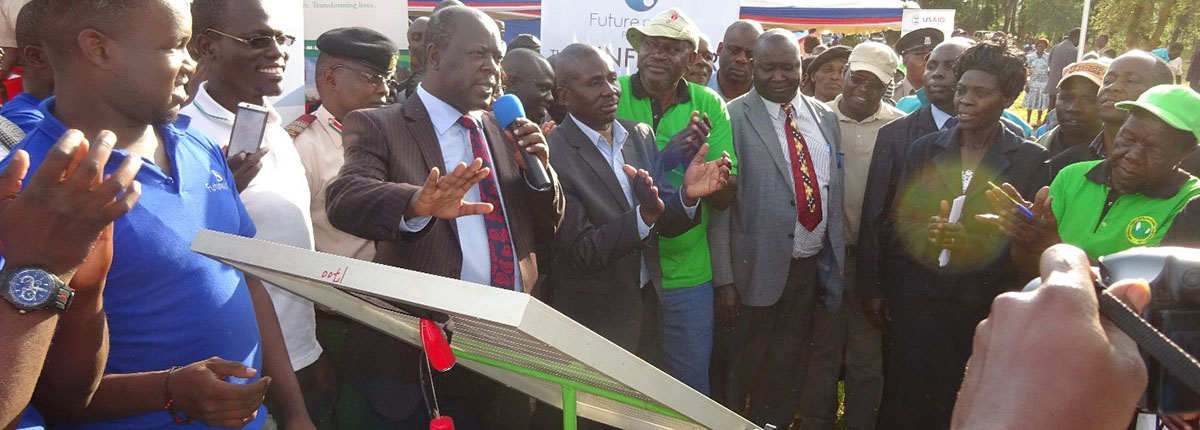
Kenya Smallholder Solar Irrigation Project (KSSI)
In rural Kenya, solar water pumps (SWPs) can help smallholder farmers save on fuel costs, increase acreage, and grow more than one crop a year. However, many farmers don’t know about these benefits or lack credit options to purchase their own SWPs. The USAID-funded Kenya Smallholder Solar Irrigation project (KSSI) works to accelerate commercial sales […]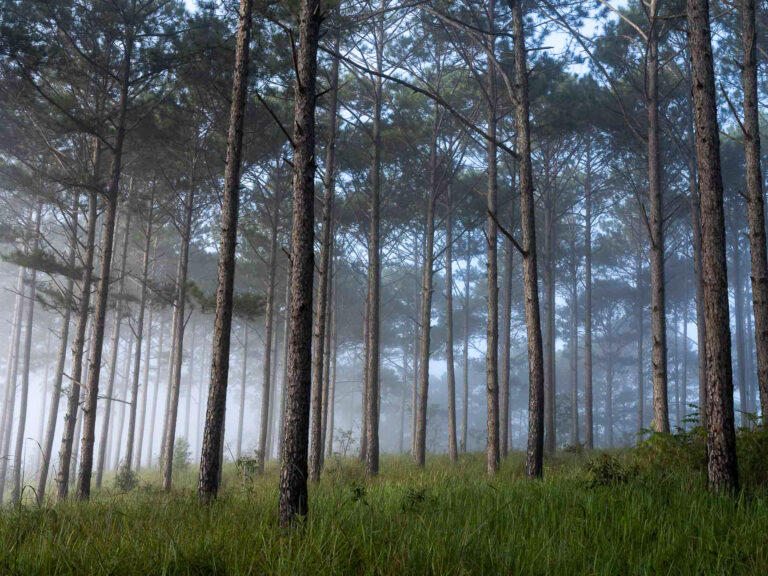
ACR
Winrock has long recognized the threat posed by climate change. ACR, founded in 1996 and operated by Winrock, is dedicated to the belief that markets are the most effective tools to tackle climate change. As such, ACR has developed transparent and science-based methodologies to incentivize carbon reductions in agriculture, transportation and other industries. ACR is also a partner in assuring that California’s landmark Cap-and-Trade Program can manage, verify and credit carbon offsets effectively.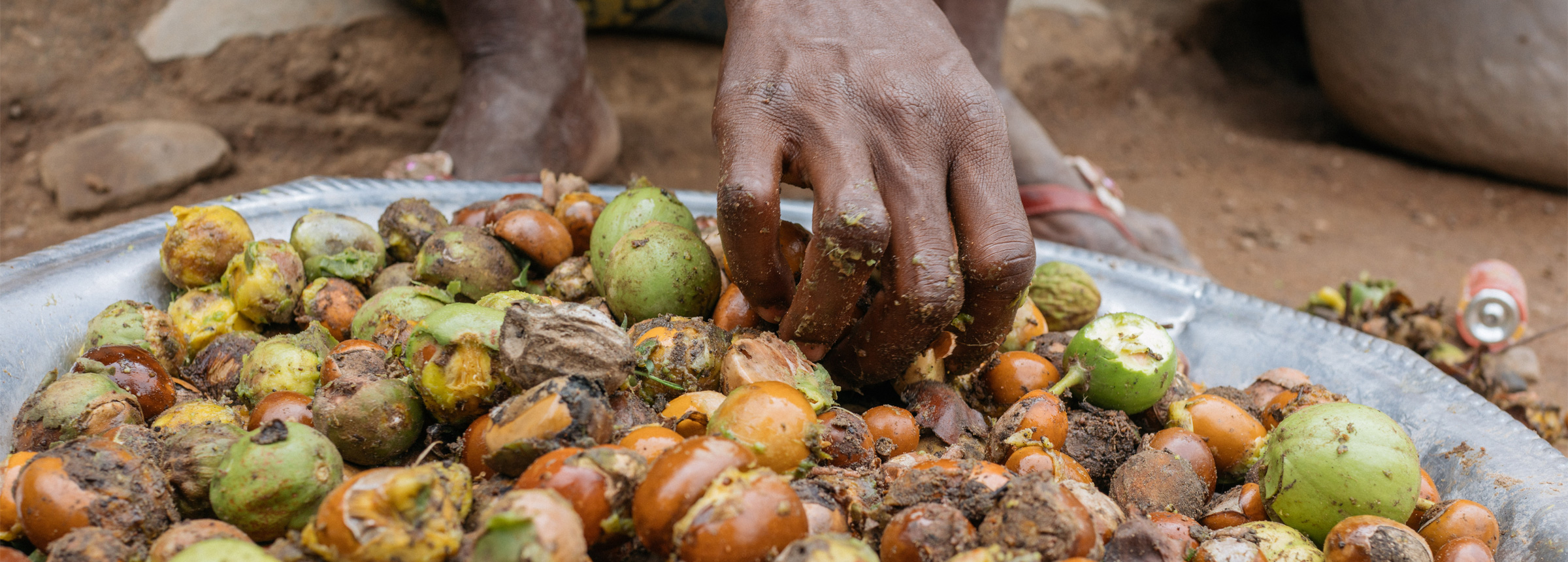
Ghana Agriculture and Natural Resource Management Project (AgNRM)
Northern Ghana has a new ally in its struggle against climate change. The USAID Feed the Future Ghana Agriculture and Natural Resource Management Project (AgNRM) is protecting both food security and the region’s natural resources. It’s doing this in a holistic way: boosting incomes from natural products such as shea nuts; improving food security through […]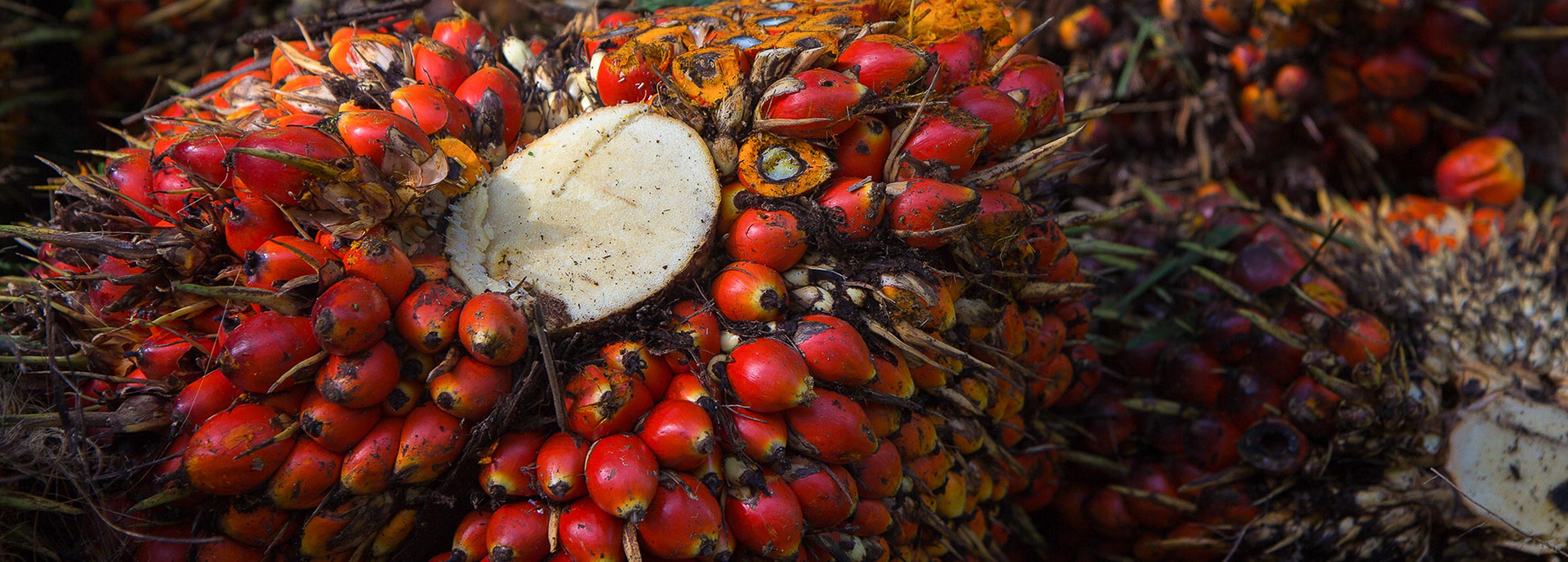
Smallholder Protocol for Peat
Smallholders produce around 40 percent of Indonesia’s palm oil, an amount that is expected to increase due to the lack of land suitable for new large-scale plantations. However, a lack of resources and technical capacity often leads to extremely low productivity and unsustainable management at small plantations. With funding from IDH, Cargill and Costco, this…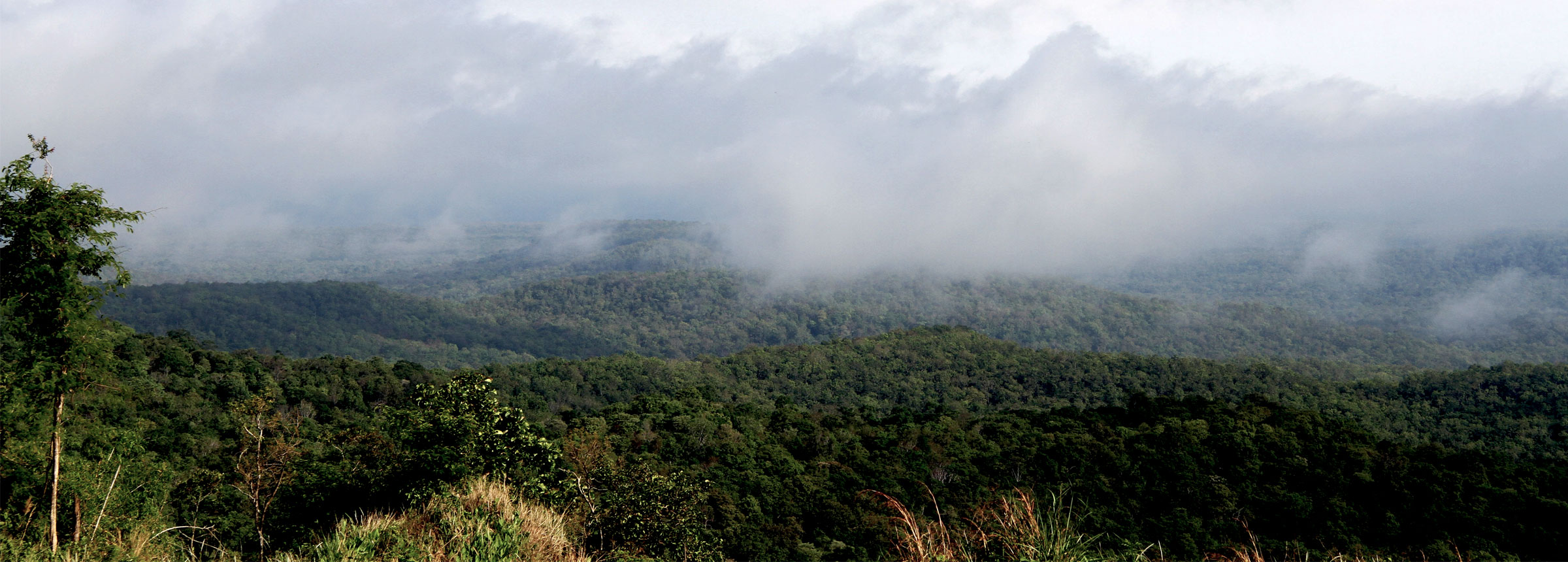
GHG Registry Agreements
Mitigating the impact of climate change requires tapping the power of markets. Winrock propels that approach by facilitating carbon offset trading and developing scientifically rigorous methodologies to measure and verify reductions in greenhouse gas emissions.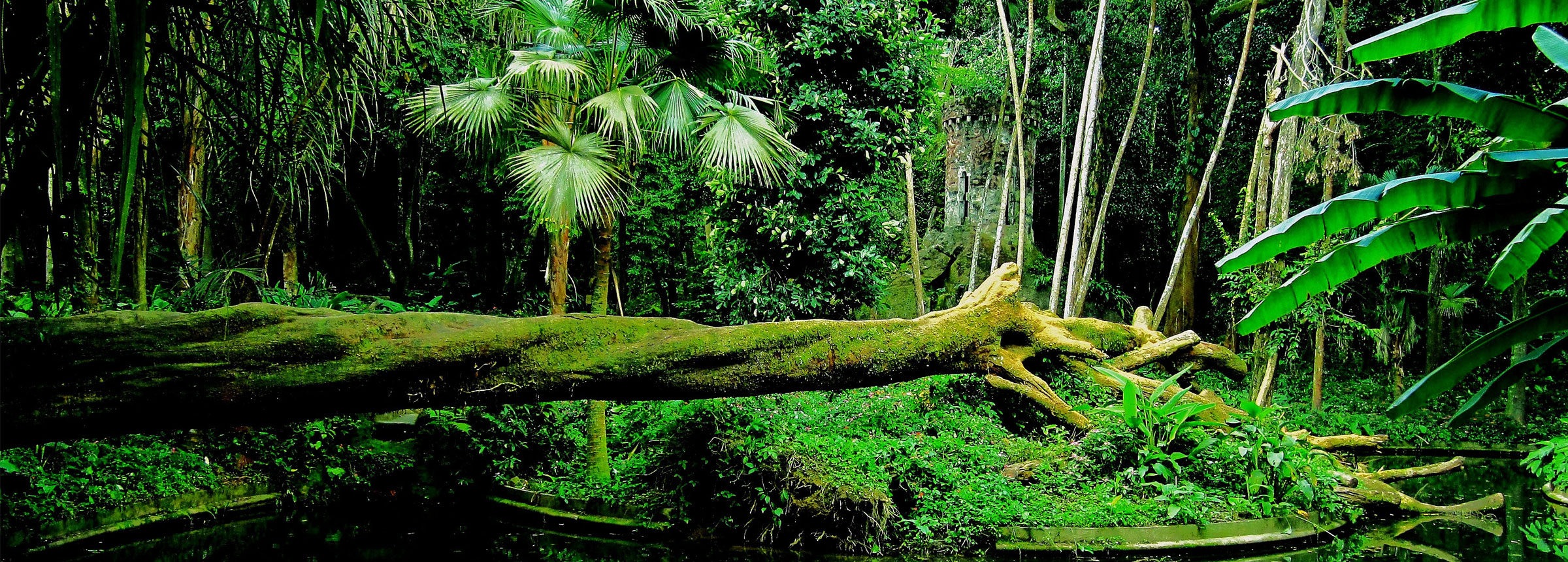
Mata no Peito Brazil Forest Carbon Initiative
The problem of deforestation in Brazil, particularly in the Amazon, is well-known. Nike is working with Winrock’s ACR on a unique way to raise funds to support reforestation. Through this initiative, Nike sells the carbon offsets issued to the company from ACR and donates the proceeds to protect and replant Brazilian forests.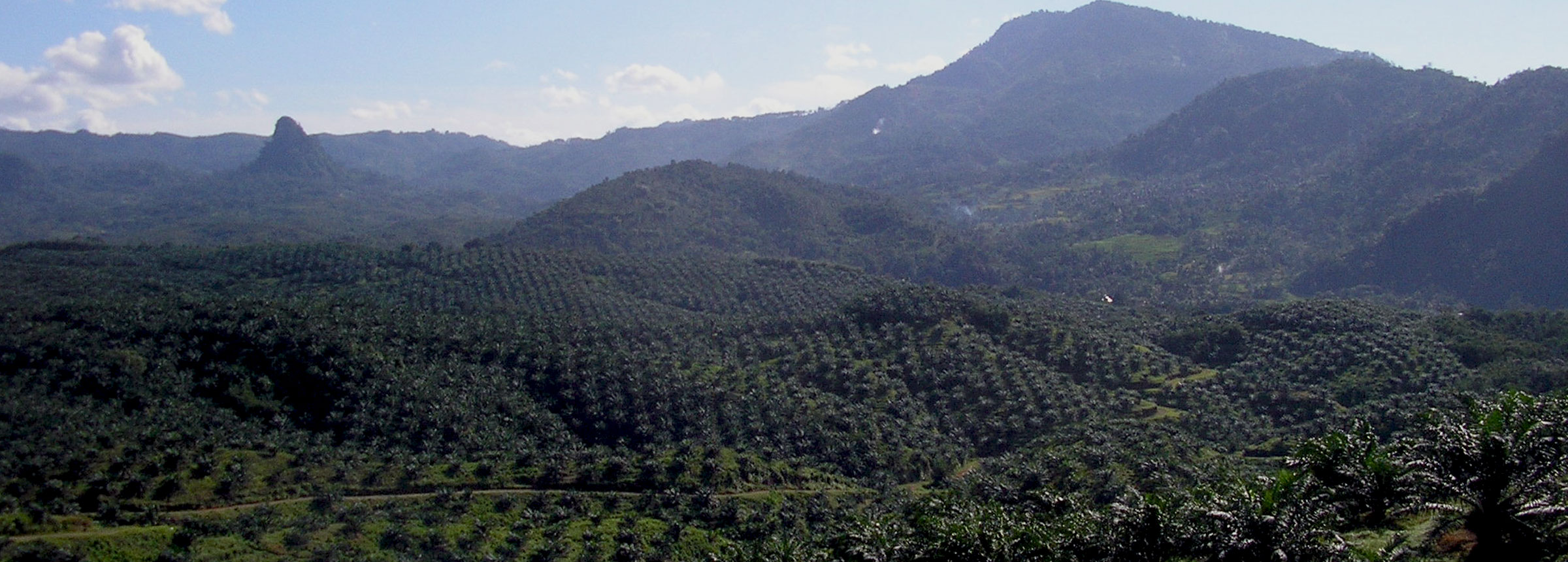
Capacity for Indonesian Reduction of Carbon in Land Use and Energy
Indonesia has become the largest palm oil producer in the world, making the industry a vital cog in the nation’s economy. Additional economic and environmental benefits are possible if the liquid waste generated during the palm oil production process is used to make renewable biogas. The USAID-funded Capacity for Indonesian Reduction of Carbon in Land […]
